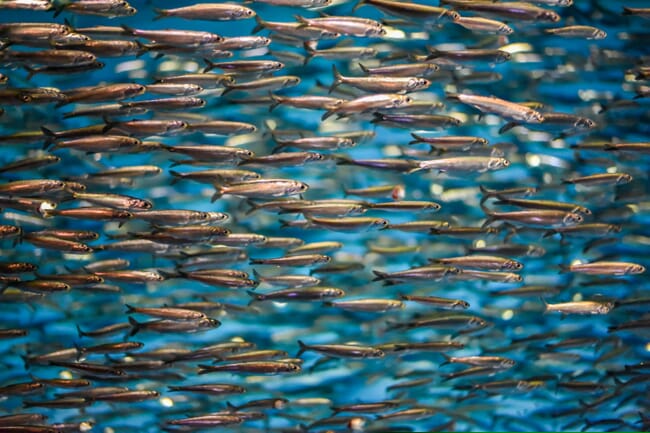
IFFO's statistics cover marine ingredient landings in Peru, Chile, Denmark, Norway, Iceland, UK, Ireland, the Faroe Islands, USA, South Africa, Ivory Coast, Mauritius and Spain.
The latest statistical
breakdown from IFFO notes that: “The predominant factor contributing to this
decline must be attributed to the 70 percent YoY decrease in Peru.”
In terms of fish oil, total cumulative output in the same period declined by 24 percent. Chile was the only country that registered a positive change, according to IFFO, thanks to healthier catches and higher-than-average oil yields in the south of the country.
The marine ingredients trade body notes that the Chinese aquaculture supply chain is currently grappling with increasing feed costs and weakening seafood demand.
“This can be attributed to the unstable global supply of feed ingredients and falling farm-gate prices for many species, stemming from unforeseen shifts in domestic demand,” it says.
Meanwhile, the country’s pig sector – the world’s largest non-aquaculture-related market for marine ingredients – continues to confront difficulties due to decreased demand for pork during the summer months.
“Although pig prices experienced a slight recovery recently in August, the pig market is expected to remain oversupplied throughout the remainder of 2023, largely due to the substantial sow stock,” IFFO concludes.


